Why do I pee so much? Office for Science and Society - McGill University
$ 11.50 · 4.5 (592) · In stock

Take-home message: -Peeing more than eight times in a day could be the sign of an overactive bladder. -Many things can make you pee too much, including diuretics, diabetes, diet and age. -Medications that relax the bladder, physiotherapy, diet and behavioral changes can all help you pee less. Do you know there is an app to tell you the best times to go pee during a movie? And one that maps out rest stops and public restrooms for when you travel? If you know about these apps or wished you did, it’s likely because, like me, you have to pee frequently. I’m the person who chooses the aisle seat on a flight not for the extra room, but so I can reach the restroom quickly. I’m also careful about how much caffeine I consume before long car trips and meetings. And I always pee before bed. For me this is just a part of life, but for some people this could be something that gets worse with age or begins because of an underlying health issue. What does it mean to pee “a lot” First off, how much peeing is “normal”? Most experts agree that peeing more than eight times in 24 hours means you may have an overactive bladder. But it will depend on a number of factors, including how much fluid you drink, how big your bladder is and how much pee your body produces. A normal, healthy bladder can generally hold 300-400 mL of urine (just under two cups). You feel the need to pee when the bladder contains about 150 mL of urine (just over half a cup). We generally make about 3 L of urine a day. If you make more than that, you may suffer from polyuria. This happens most commonly if you take diuretic medications, which help your body get rid of excess fluid. Most of these drugs work by prompting the kidneys to filter out additional sodium into the urine, which in turn pulls more water out of the blood and into the urine. This helps lower your blood pressure. You may also produce excess urine if you have untreated diabetes. In this case, abnormally high levels of glucose build up in your blood. The kidneys can’t handle breaking down this extra glucose and so excrete it in the urine, which pulls in additional fluids along with the glucose. The body then becomes dehydrated and you tend to feel thirstier than normal. So you end up drinking and peeing a lot more. Nighttime peeing is its own separate issue. If you pee more than once a night, you may have something called nocturia. And you’re not alone: One in three adults older than 30 make at least two trips to the bathroom every night. At night your body produces higher levels of antidiuretic hormone (ADH), which prevents your kidneys from absorbing and releasing water until you wake up. This hormone decreases with age, which may be why older adults have a higher risk of nocturia than younger people. ADH also takes some time to start being produced in children. This is why my 3-year-old still wears a diaper at night (she definitely can’t hold her pee overnight yet). How we pee There are a number of body parts involved in peeing: Kidneys, which remove excess fluid and waste from the body and excrete it as urine Ureters, the tubes that connect the kidneys to the bladder Bladder, which holds the urine Urethra, the duct through which urine flows from the bladder out of the body Pelvic floor muscles, which span the bottom of the pelvis and support pelvic organs such as the bladder When we have to pee, our bladder sends signals to the brain, which in turn signals the bladder muscles to tighten, which squeezes urine out of the bladder. At the same time, the brain signals sphincter muscles in the bladder to relax and let urine out through the urethra. When all the signals occur in the correct order and for the right reasons, normal urination occurs. When peeing goes awry Unfortunately, a lot can go wrong in the process. The muscles that close off the urethra can become weak, leading to stress-related urinary incontinence, where urine leaks out when sneezing, coughing or during strenuous exercise. This type of incontinence can be due to factors like pregnancy and childbirth, which may weaken pelvic floor muscles, while lower estrogen levels after menopause can cause tissues to deteriorate in the urinary tract. Sometimes the signals from the brain to the bladder go awry, causing the bladder muscles to want to squeeze out urine when it isn’t really full. This type of urge-related urinary incontinence - when you suddenly feel the need to pee but not much comes out - is more common in people with neurological disorders such as Parkinson’s and multiple sclerosis. These diseases often cause damage to the nerves that tell the bladder muscles when to contract. The urinary tract can also become inflamed due to bacterial growth, often called a urinary tract infection or UTI. This can lead you to think you need to pee, when you don’t really need to go. In some cases the bladder becomes inflamed without an infection and this can lead to a chronic condition known as interstitial cystitis or painful bladder syndrome, which is more common in women. For men, an enlarged prostate can make you feel the need to pee more and more urgently. This happens when the growing prostate puts pressure on the urethra and blocks the flow of urine, making the bladder work harder to expel the urine. That leftover urine can become a breeding ground for bacteria and lead to inflammation, which further messes with your bladder. What’s a frequent urinator to do? There are medications that relax the bladder and its nearby muscles such as the antidepressants Imipramine (Tofranil) and Duloxetine (Cymbalta). Botox injected into the bladder can also help by temporarily paralyzing the muscles and by blocking the chemical messenger, acetylcholine, that sends signals to your brain to trigger abnormal bladder contractions associated with overactive bladder. And there are other anticholinergic drugs, such as Oxybutynin, that also block acetylcholine. For women with pregnancy-related or other stress urinary incontinence issues, pelvic floor physiotherapy seems to be effective. For women going through urinary issues due to menopause, if pelvic floor muscle therapy doesn’t work, estrogen creams may help restore the tissues near the urinary tract. Cutting out bladder irritants from your diet such as alcohol, caffeine, artificial sweeteners, citrus and spicy foods may also help. Quitting smoking is also a good idea. So is losing weight. And try to hydrate earlier in the day. Less fluids at night could mean less peeing overnight. Finally the treatment that made the most sense to me was simple bladder training. It involves trying to go longer and longer without peeing over time. So if you go every hour, try extending that time by 10 minutes for a few days. Keep adding on 10 minutes at a time until you find yourself holding your pee for more respectable amounts of time. There’s even an app that tracks how often you pee. I tried the app along with the training and found I was able to go longer periods without peeing. It seemed to help me enough that I may actually be able to enjoy a whole movie uninterrupted for once. Click here to read about the "breaking the seal" myth You may have heard the term “breaking the seal,” which refers to the first time you pee after you start drinking alcoholic beverages. Some say once you have that first pee, you’ll start peeing more frequently until you stop drinking. That’s what I always heard when I was studying at McGill and found myself in and out of the restrooms at the Crescent Street bars. It turns out it’s all a myth. You do tend to have to pee more when consuming alcohol, but that first pee has no effect on how much you pee subsequently. Alcohol suppresses vasopressin, an antidiuretic hormone (ADH) that helps the kidneys manage the amount of water in your body. With lower levels of vasopressin, your kidneys excrete more water than normal into the bladder, leading to more frequent urination. So when you drink alcohol, you actually produce more liquid than the amount of liquid you actually consumed. This also explains why alcohol dehydrates you so much. Gaia Remerowski, MS, Science Journalism Leave a comment!
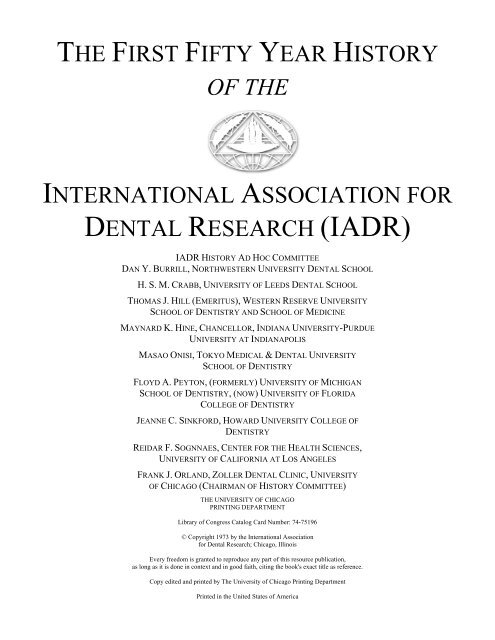
Contents - IADR/AADR

Our Articles Office for Science and Society - McGill University
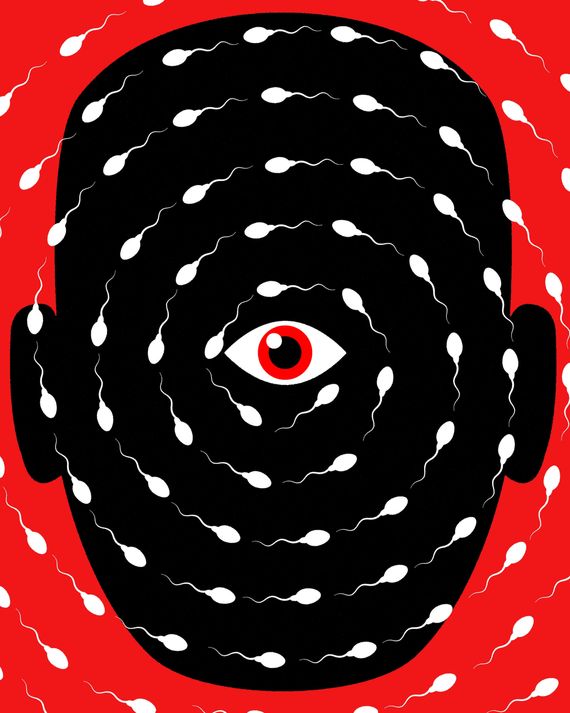
The Global Sperm Count Decline Has Created Big Business

sz7Pde
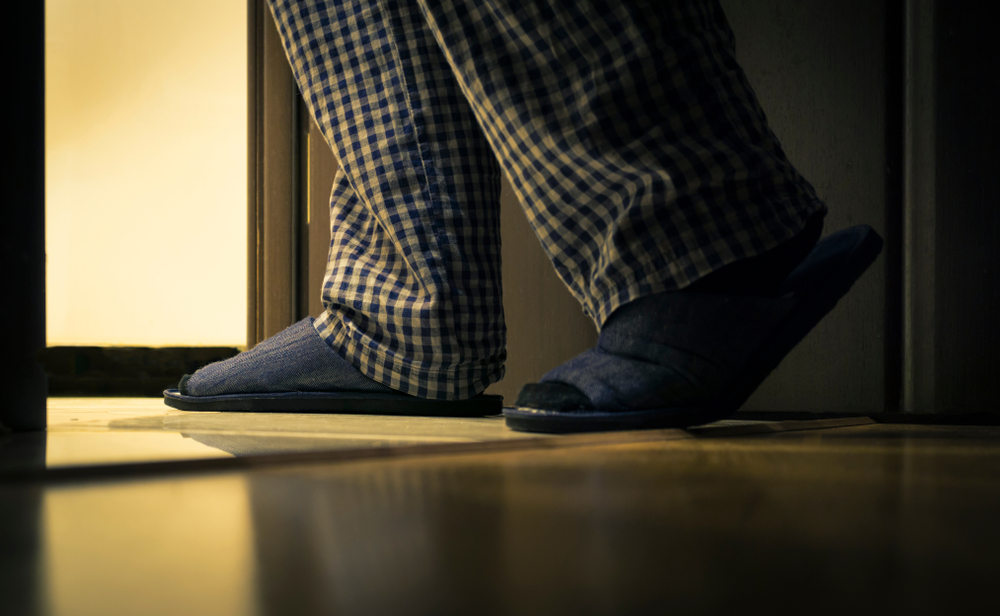
Reasons for Waking up To Pee at Night, original toilet bowl night
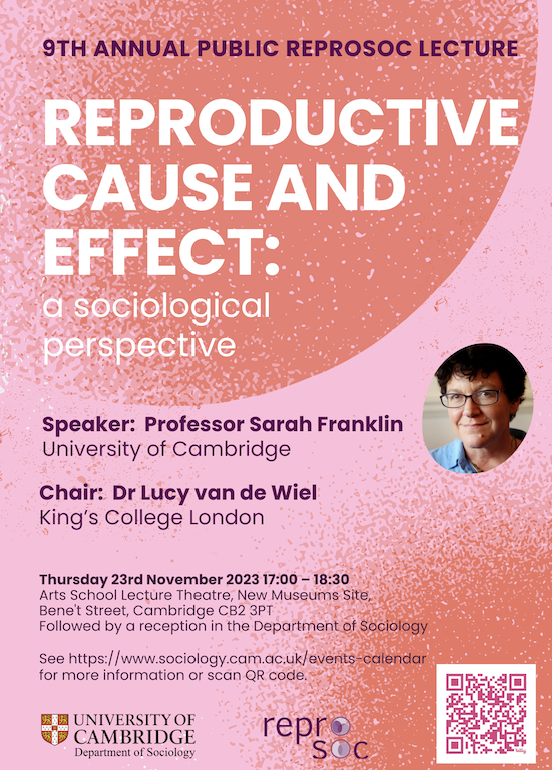
Events ReproSoc

Buy Is That a Fact?: Frauds, Quacks, and the Real Science of

PDF) Impact of faculty development programs for positive

McGill University, History, Faculties, & Facts

Our Articles Office for Science and Society - McGill University

The Right Chemistry: Laundry secrets of the ancient Romans
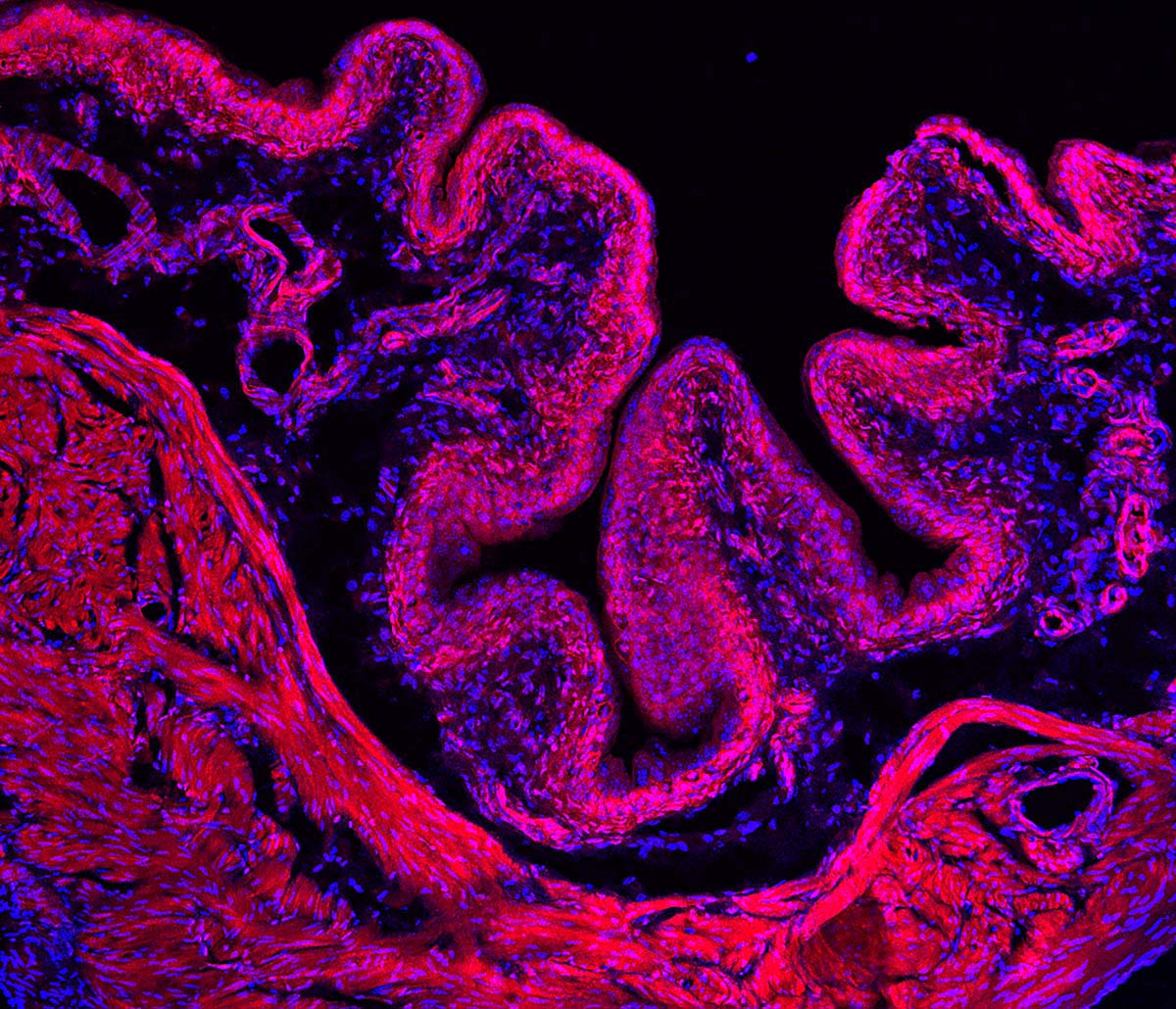
How your body senses the urge to urinate